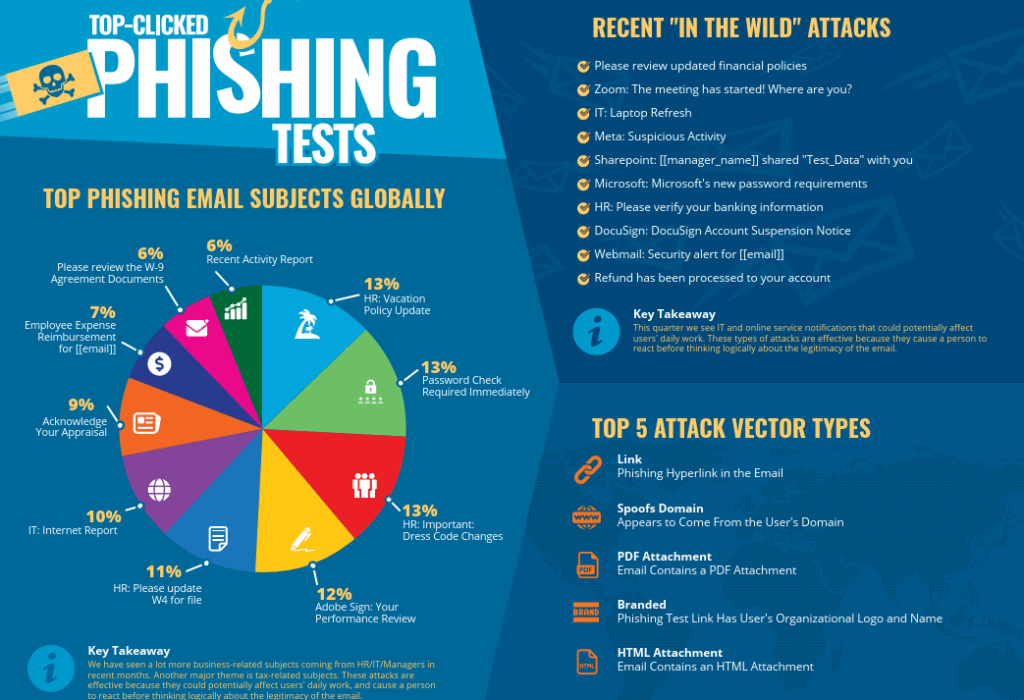Increase in Phishing Claims
We have seen a recent uptick in phishing scams among MJ Sorority clients. In today’s digital age, the threat of phishing is more prevalent than ever before. Did you know that over 90% of successful hacks and data breaches start with phishing scams? It’s a sobering statistic that underscores the importance of staying vigilant against this pervasive threat.
But what exactly is phishing? Simply put, it’s the process of attempting to acquire sensitive information, such as usernames, passwords, and credit card or bank account details, by masquerading as a trustworthy entity. Phishers often use bulk emails that try to evade spam filters, claiming to be from popular social websites, banks, auction sites, or IT administrators. It’s a form of criminally fraudulent social engineering that preys on unsuspecting individuals.
Understanding the Techniques
Phishing techniques have evolved over the years, becoming increasingly sophisticated and diverse. From traditional email and spam campaigns to more targeted approaches like spear phishing and session hijacking, cybercriminals employ a wide array of tactics to deceive their victims. They manipulate links, inject malicious content, and even resort to voice calls and SMS messages in their quest to obtain personal information.
Stay Vigilant
So, how can you protect yourself against phishing attacks? Awareness is key. Familiarize yourself with the common techniques used by cybercriminals, and adopt anti-phishing strategies to safeguard your information. Be cautious when clicking on links or downloading attachments from unknown sources, and always verify the authenticity of requests for personal or financial information.

At MJ, we utilize KnowBe4, a firm that provides security awareness training to members of your organization. Each quarter, they produce an infographic with the top types of phishing attacks, as excerpted above. For the full infographic and associated data, click here. KnowBe4 also offers a free phishing security test that you can utilize to see if your employees are susceptible to phishing attacks – learn more here.






